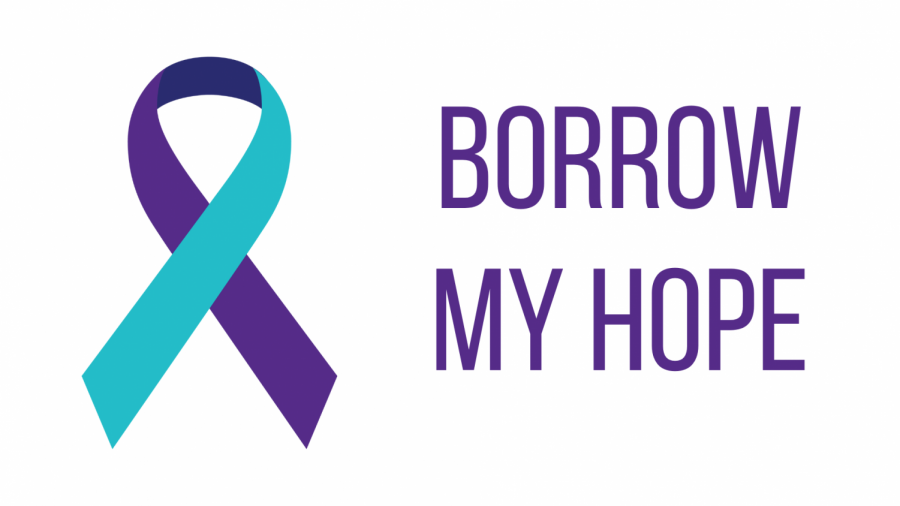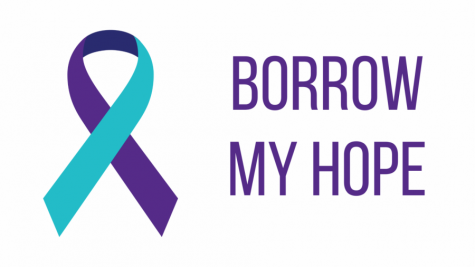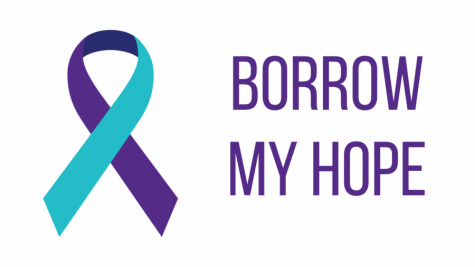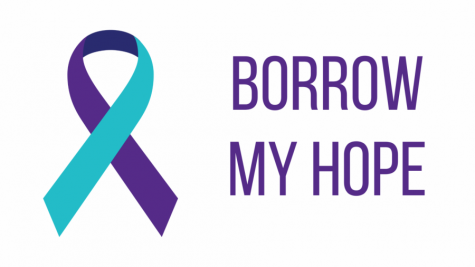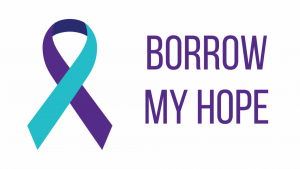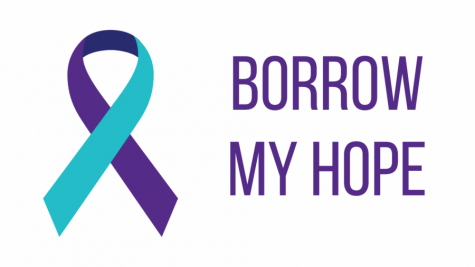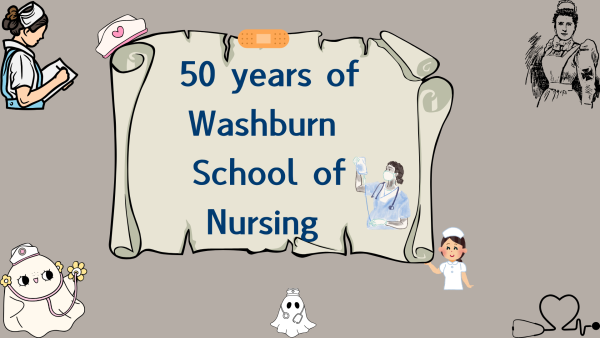Borrow my hope: Why is there a taboo on suicide awareness?
The teal-and-purple ribbon commemorates lives lost to suicide.
Talking about mental health is hard, and possibly the hardest of all these conversations are the ones dealing with suicide and suicidal ideation.
Between 1999 and 2016, the suicide rate rose by almost 30% in the U.S., according to the CDC. So you would think that these alarming numbers would rapidly end the taboo on discussing suicide in our society.
Instead, it seems just as hard as ever to talk about suicide.
For those of us dealing with suicidal thoughts, it’s hard to know who will really listen to you and not push back with claims of selfishness (as mentioned in a previous newsletter) or disbelief or simply a blank stare.
For those that want to reach out, it can be hard to know what to say. Not to mention how awkward the conversation about suicide can be. There’s a sense in our society that suicide must remain unspoken because . . . why?
Perhaps because it’s conventionally been considered immoral, perhaps because society doesn’t want people to be vulnerable, perhaps because we often think being open about suicide is the
same as being weak or lacking resiliency. Perhaps all of those factors are accurate.
This taboo isn’t consequence-free. In the next newsletter, I’ll discuss the harm caused by internalizing the stigma of discussing suicide.
The thing is, a lot of the taboo on suicide awareness is implicit. Few f us would explicitly say that we don’t want to support people struggling with suicidal thoughts. Instead, the stigma exists as a core assumption that we don’t question, a background force influencing our societal messaging.
As a result, it won’t be easy to end this taboo.
But there are steps we can take.
Please reach out to your friends and family and be empathetic towards what they tell you about their mental health. It’s all about making space for what we used to pretend was nonexistent. The lie that society often wants us to show the world is that we’re doing alright 24/7/365. “Good vibes only.”
So I challenge everyone to make room for the truth. That some of us are really hurting and need that pain to be validated. You could be there for them.
Your donation will support the student journalists of Washburn University. Your contribution will allow us to purchase equipment and cover our annual website hosting costs.




